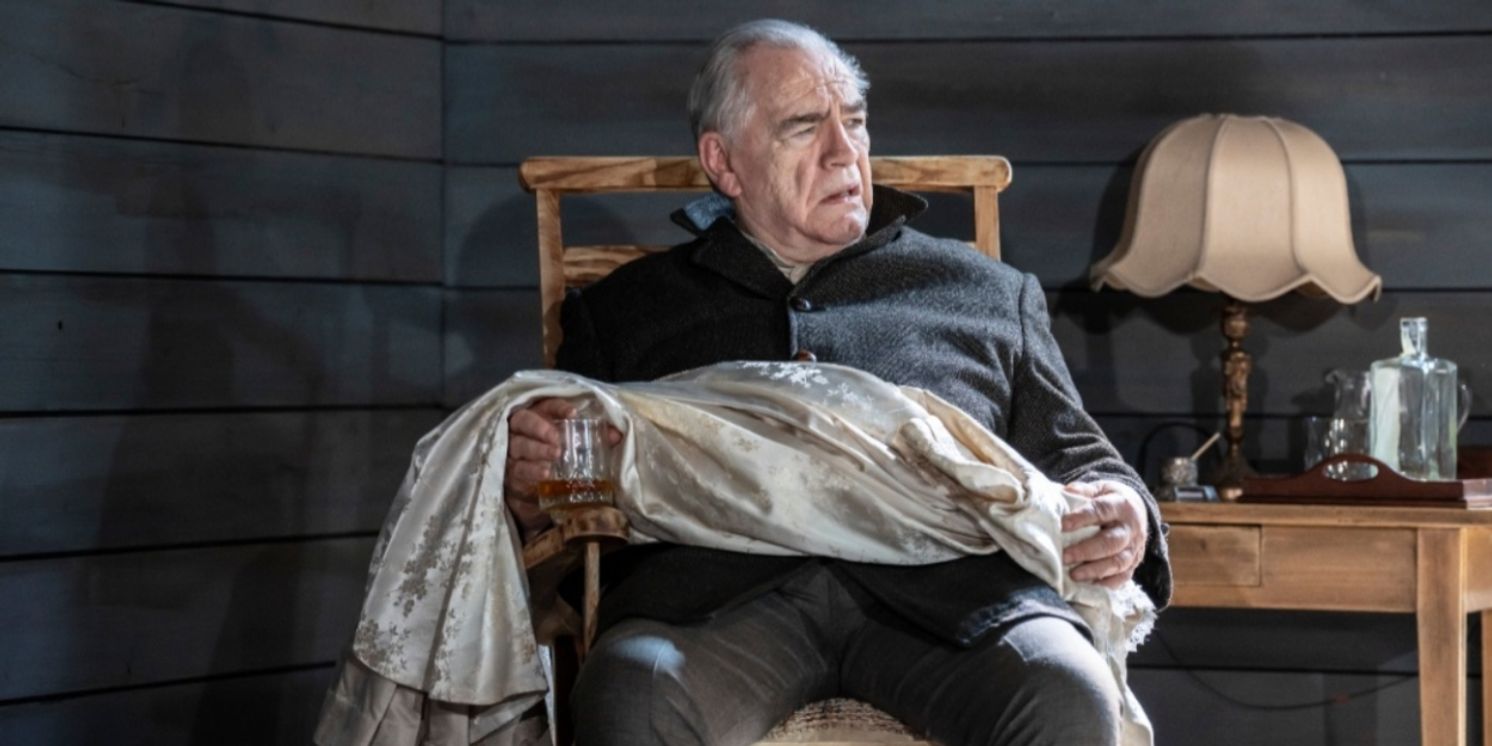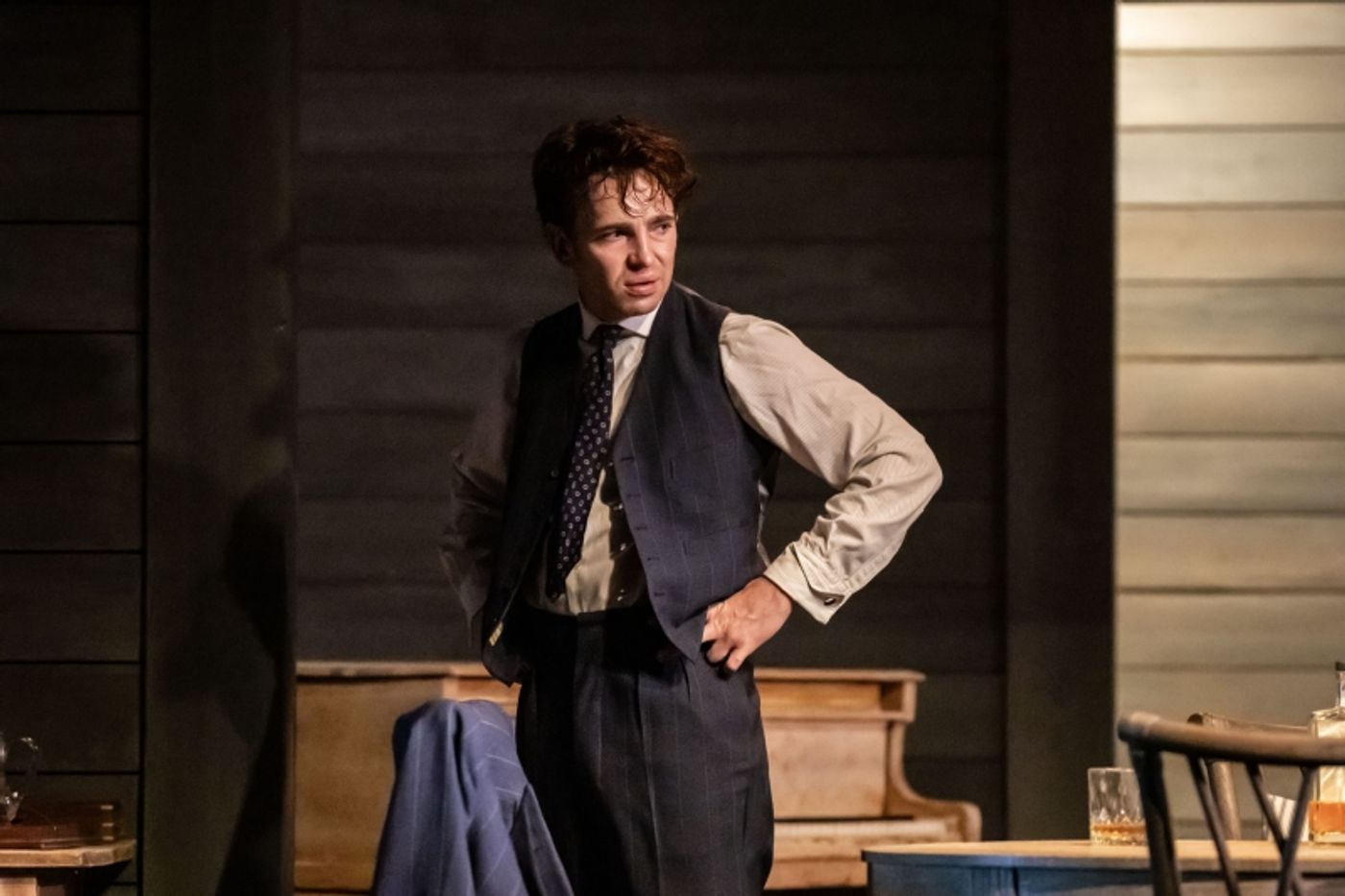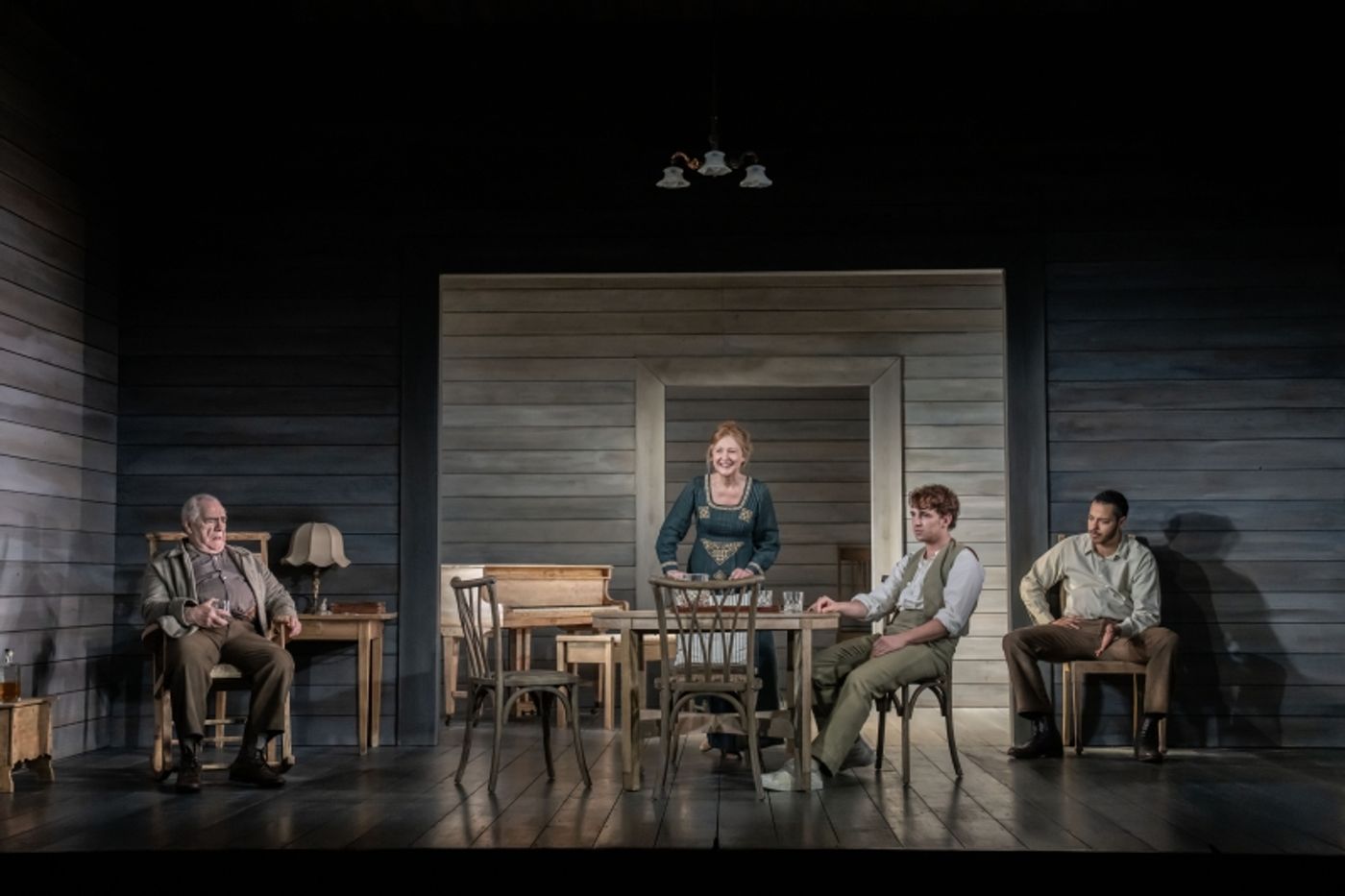Review: LONG DAY'S JOURNEY INTO NIGHT, Wyndham's Theatre
The O'Neill classic brings Brian Cox back to the London stage

![]() Eugene O'Neill's classic play of family strife, Long Day's Journey Into Night, has had regular revivals in London (most recently in 2018 and 2012). Set in 1912 and published posthumously in 1956, it remains one of the great American plays. Brian Cox returns to the London stage as James Tyrone, actor, family colossus, and flawed man, in a mesmerising performance.
Eugene O'Neill's classic play of family strife, Long Day's Journey Into Night, has had regular revivals in London (most recently in 2018 and 2012). Set in 1912 and published posthumously in 1956, it remains one of the great American plays. Brian Cox returns to the London stage as James Tyrone, actor, family colossus, and flawed man, in a mesmerising performance.
It's a slow burner, running three hours plus interval, but not a second is wasted in Jeremy Herrin's fine production, which features a delicate showcase of addiction, longing, and despair from Patricia Clarkson as Mary, the wife and mother lost to morphine and her memories, fussing over her appearance and her youngest son, Edmund (Laurie Kynaston).
Edmund is fragile, physically weak and the baby who perhaps should not have been born, following close after a brother who died in infancy. His brother Jamie (Daryl McCormack) is morally weak, a drinker who has sunk into despondency and depravity to hide the truth of what's happening at home. The bond between the two is strong but uneasy.

Photo credit: Johan Persson
If walls could talk this wooden cabin would have much to say. Expected to be a home for the Tyrones to thrive it feels more like their place of penance, where James Snr rations the light, the piano is rarely played, and the whisky bottle is constantly refilled with water to keep the level steady.
O'Neill's play is a great source of stories. Mary remembers the day, shy and star-struck, she sees the handsome James on stage and meets him backstage later, where they both fell instantly in love. Jamie recounts a tale of pity which happened to him in the local brothel. James recalls that it has been nearly forty years since the peak of his acting career, and has a scribbled note to prove it - somewhere.
Lizzie Clachan's set and costumes capture the sense of a prosperous past while providing muted hues which fit well with Jack Knowles's lighting. Much of the intense act four, much of it a two-hander between Cox and Kynaston, beautifully acted by both, is in semi-darkness, capturing the mood of this long, long night.

Photo credit: Johan Persson
The music and sound by Tom Gibbons is atmospheric and unsettling, but sometimes overpowers Clarkson's monologues and a word or two is lost. There were also a couple of line stumbles, but that's a small matter when the meat of the play is this weighty, deep, and truthful. Conversations come back to where they started, but are they really saying what they need to say?
Long Day's Journey Into Night is a good example of a play that needs to take time to grow, dropping little hints along the way of when this family could have been happy, could have captured a moment that didn't bring them to this crisis. It's a play which weighs its words and sees the story through each of the four character's eyes.
Its revival will allow both old friends of the play and new audiences to come along to enjoy four vibrant lead performances and a character bit from Louisa Harland, the long-suffering maid from 'the old country'.
The play is one in which O'Neill lays bare his own genesis (the play is autobiographical, and he did not wish it to ever be published or performed). It was succeeded by Moon for the Misbegotten, the story of Jamie in later life, which was published in O'Neill's lifetime. Long Day's Journey Into Night is the mirror into which we can see our souls.
Long Day's Journey Into Night continues at the Wyndham's Theatre until 8 June.
Photo credits: Johan Persson
Reader Reviews
Powered by
|
Videos

